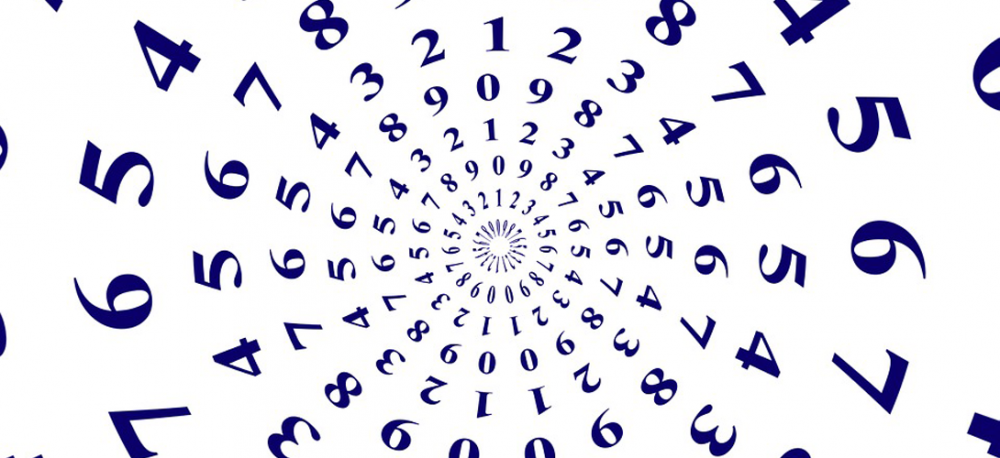All you need to know about choosing A Level Maths
If you are thinking about taking A-Level maths lessons you need to choose subjects that you'll enjoy and that will help you get to where you want career-wise. After A-Levels, there's the option to go on to higher education and then, hopefully, on to a satisfying career, so choosing your A-Levels needs careful research.

A-Levels are more difficult than GCSEs and require dedicated study that takes up a lot of time. If you have a specific career in mind, look at the jobsites and make sure that you're aware of specific subject requirements. Maths is probably the most useful of all subjects, as it seems to be the most commonly called for. A-Level maths covers core maths, pure maths, further maths and statistics, with skills from maths including problem solving, data analysis, attention to detail and communication skills. Maths is also vital in other subjects like science, computer science and economics. It's also one of the "facilitating subjects", which is particularly important if you're thinking of applying to university. Choose your tutor or learning centre carefully.
A-Level maths is normally studied after doing GCSE maths and is a two-year course, unlike AS maths, which is a one-year course. The course is broken up into various modules, the most common of which are: Core Maths, Mechanics, Statistics and Decision Maths.
Core Core Maths Is generally regarded as the main tool of mathematics, looking at using algebraic methods, solving equations, graphs of functions, series, differentiation and integration methods. Mechanics works well for anyone thinking of doing physics or engineering. Typical kinds of problems that you'll look at include:
- What height will a ball reach if thrown upwards with a given speed?
- What force is required to stop an object sliding down a slope?
- When two objects collide, at what speed do they go after the collision?
Statistics looks at data that's collected from surveys and models the data to fit various mathematical models, helping to answer questions such as:
- What are the chances of an accident occurring on a certain stretch of road?
- Is there a difference between using drug A or drug B to cure a disease?
This is a good module to choose if you're going into any of the sciences.
Decision Mathematics is used to solve many real-life, practical problems. Decision Mathematics can ask:
- What is the best route for a gritting lorry to follow so that it covers every road in a town but keeping the distance travelled to a minimum?
- What is the minimum quantity of cable needed to link a network of computers together?
- What is the best way to organise people’s resources in the building of a house?
During the first year of study, most students do three modules which lead to an advanced supplementary award (AS), taking two compulsory modules in Core Maths (C1, C2) and one more in Statistics (S1) or Mechanics (M1) or Decision Maths (D1). After completing the three modules at AS level, students may decide to continue their studies and take another three modules leading to an A-level award (A2) in maths.
Common combinations of the six modules required for A-level maths (A2 maths) are the four Core Maths modules (C1, C2, C3 and C4), with the remaining two being taken from Decision Maths, Mechanics or Statistics. E.g. someone wanting mainly Statistics may opt for Core Maths (modules C1, C2, C3, C4) plus Statistics (modules S1, S2). Someone wanting mainly Mechanics may opt for Core Maths (modules C1, C2, C3, C4) plus Mechanics (modules M1, M2).
As well as careers in mortgages, finance, funding and insurance, jobs that require A-Level maths include Accountancy, Payroll Administrator, Actuarial Technician, Financial Services Administrator, Pensions Administrator or Consultant, Financial Services professional, Motor Finance specialist, Investment operations. Then, of course, there are the sciences and research sectors, and the wide world of computing and IT.
The main examination boards are Edexcel, OCR and AQA.
Create your Student account at TutorExtra and connect with maths teachers near you quickly.


